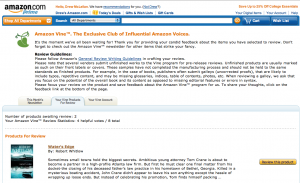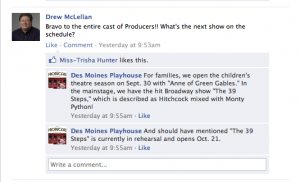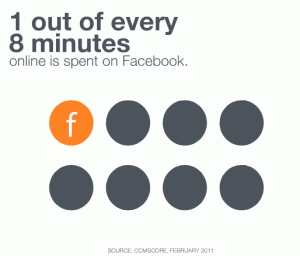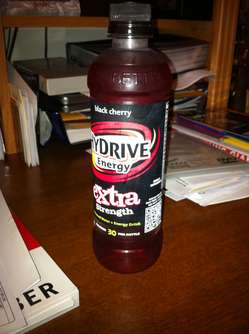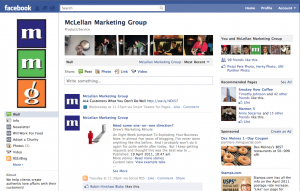July 31, 2011

…Do you need to be creative on demand?
My job is to be creative on demand.
The demands come in all forms. It might be a strategy session for a client’s marketing plan, writing a print ad that will generate action or keeping the content on my blog, newspaper column or enewsletter fresh and worthwhile.
I don’t have the luxury of waiting for a muse to strike. I’m always on deadline for something. Which is why I was eager to pick up Todd Henry’s The Accidental Creative* (click here to buy) and learn as he promises in his subtitle…how to be brilliant at a moment’s notice.
There’s this myth out there that suggests that creativity comes from total freedom. Well, I don’t know about you but I don’t know any professional today who lives in a world of complete freedom. Instead, we’re called upon to be creative within the many constraints of life, world and our own habits, fears and obligations.
Todd explains that we all need to adopt the goal of being prolific, brilliant, and healthy. He explains why you need all three succinctly:
- Prolific + Brilliant – Healthy = Burnout
- Brilliant + Healthy – Prolific = Unreliable
- Healthy + Prolific – Brilliant = Fired
- Prolific + Brilliant + Healthy = Producing great work consistently
According to Henry’s book (and my own life experiences) there exists a creative rhythm deep in the heart of every individual, that is, “independent of the pressures and expectations you face each day.”
Establishing this rhythm will unlock your creative potential, provide you with the stability and clarity to tackle challenges, create and let your best thinking flow.
Your creative rhythm is set by how you structure and manage five key elements, the acronym for which is “FRESH.”
1. Focus
Most waste comes not from not doing the right work, but from doing the right work inefficiently. Clarity around objectives, separating the urgent from the important, is the springboard to effective creativity.
2. Relationships
Engaging with others is a powerful source of creative inspiration. Intentionally forging the right relationships with others gets you focused outwardly and frees you up creatively.
3. Energy
Think energy management, not time management. According to Henry, “it does you no good to micromanage your time down to the last second if you don’t have the energy to remain fully engaged for that time…you need to establish practices around energy management.”
4. Stimuli
Like any process, the output of the creative process depends on the input. Consistent brilliance demands that you be purposeful about what you’re feeding your brain.
5. Hours
Time is the currency of productivity. You must ensure that the practices that make you a more effective creative are making in onto your calendar.
It’s dandy to discuss all of this in theory but Henry really won my confidence when he provided practical weekly, monthly, and quarterly checkpoints at the end of the book to help put the five elements into practice.
Here are a few other key takeaways from the book:
- How books should not be read as pure information but conversations like social media
- The concept of the “Big Three” to allow you to focus on your critical creative goals
- How to send messages to your brain to look for solutions
If you are involved in work that requires you to think and create for a living, The Accidental Creative will help you form and build your best ideas and manage the creative process and work that comes from it.
*Yup, it’s an Amazon Affiliate link.
More
